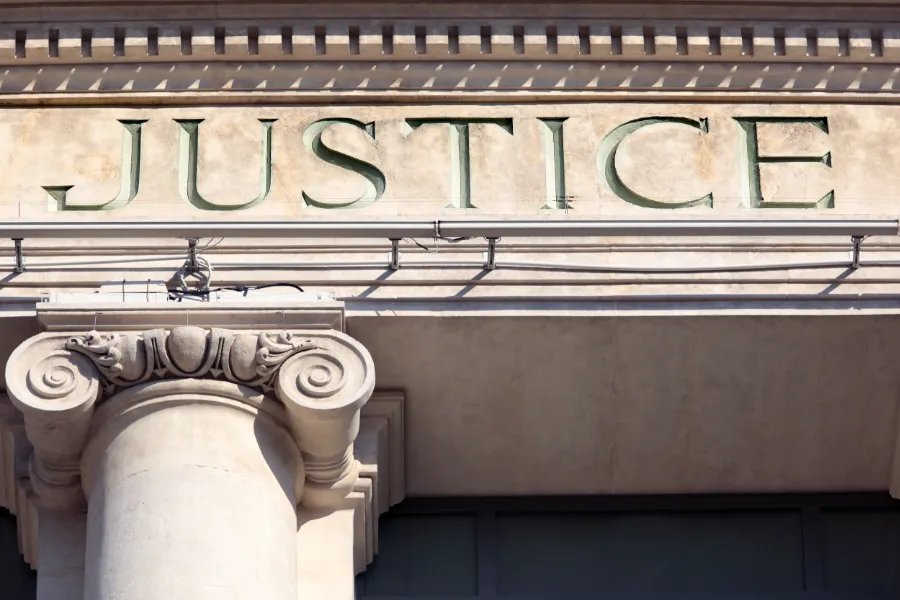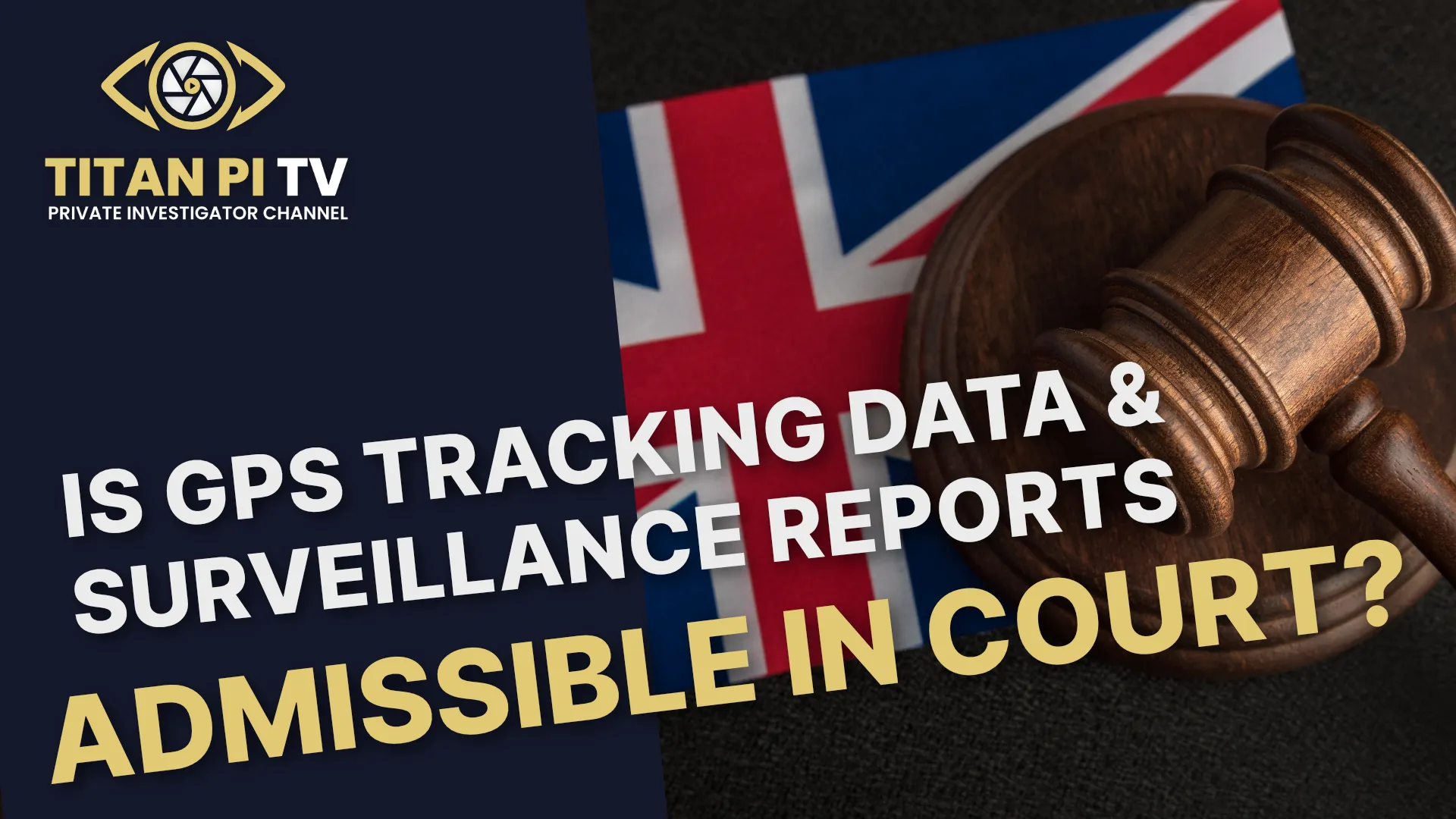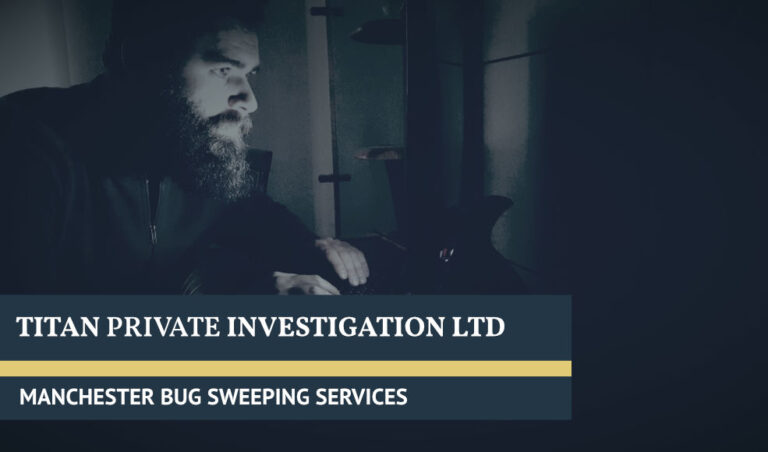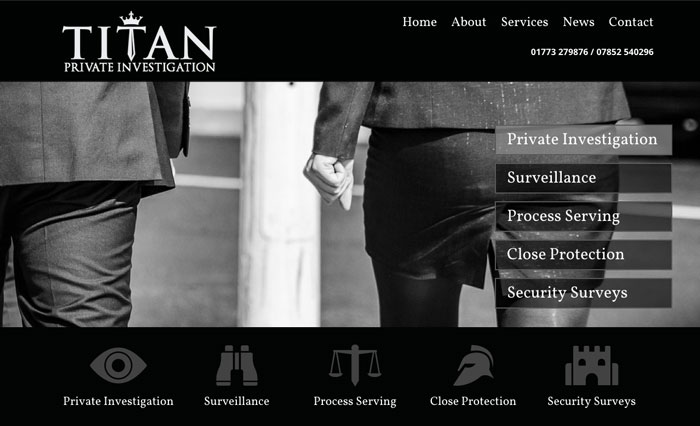GPS tracking data and surveillance reports are they admissible in a law court?
This is a question we are commonly asked by prospective customers and also surveillance learners who attend our surveillance courses. So, let’s discuss the two areas separately.
Is GPS tracking data admissible in court?
A GPS tracking device is intended to aid surveillance during a surveillance deployment or to gain a pattern of life or routine prior to a surveillance deployment. This allows the surveillance team to be deployed intelligently and to maximise the evidence gathering potential during the deployment. This data is purely for intelligence purposes and is not admissible in court. The main reason is that it would give away a tactic.
In a Police investigation (England & Wales) this wouldn’t be added to the unused material and handed over to the defence with the unused material bundle. An application would be made to a Judge to have the data identified as PII’d (Personally Identifiable Information). The PII process means that the evidence is submitted as sensitive unused evidence and presented to the Judge to make a decision whether it is allowed to be withheld. The Judge would then make a decision whether the sensitive evidence is of evidential value and whether it should be allowed to be submitted or not. If agreed by the Judge, this allows it to be omitted from the disclosure process so that the knowledge of the tracking data is not known to the defence. This data was never disclosed in police investigations, and it is similar in the private investigation industry. The data is purely an intelligence tool to aid the surveillance and shouldn’t be disclosed.
Are surveillance logs, client reports and imagery admissible in court?
The surveillance is also a tactic and whether the surveillance is disclosed is also something to consider. An example would be, if tracking data highlights a vehicle’s routine which is believed to be involved in the transportation of large quantities of prohibited substances, and it moves every week on the same day, then the decision may be made to deploy surveillance. The surveillance deployment then evidences a location where the drugs are collected, and the Police then gain a warrant and raid the property based upon the surveillance evidence whilst the surveillance team still have control. The decision may be made not to disclose the surveillance as this would disclose how the location of the drugs was gained and may affect further use of that tactic. However, if the decision is made to disclose the surveillance evidence, then this would contain the evidential log which is made contemporaneously during the surveillance operation, along with the supporting imagery and any statements.
It may be that in the private sector, a two or three person surveillance team are deployed on an insurance task to gain imagery, evidencing the range of movement of the subject who currently has an ongoing injury claim. The video imagery in this case will be passed on to a medical practitioner to identify whether the subject’s range of movement is in keeping with the claim. In this scenario, surveillance is the evidence and there is no reason for it not to be disclosed. The imagery, the evidential log and the client report will all be individually exhibited and are fully admissible in a court environment whether that be civil or criminal.
It may be that a number of day’s surveillance have been conducted over many months and only the log which contains evidence of an offence or civil act is disclosed to not disclose how many days’ surveillance was conducted. The examples are endless; however, generally tracking data is not admissible in court or at least it is not submitted to the court as it only provides a location of a vehicle. It does not evidence who the driver or occupants are. It is purely for intelligence purposes. Surveillance evidence though is fully admissible, and the decision can be made as to which day’s surveillance is submitted based upon which days are evidential and which aren’t.

Who do I contact for GPS Vehicle Tracking advice?
For further advice and information in regard to Titan’s surveillance training courses or if you wish to utilise Titan for a surveillance deployment, then please feel free to speak to us for further advice in complete confidence.
London Private Investigators and Training – Call the Titan Investigations London Office 020 39046622
Birmingham Private Investigators and Training – Call the Titan Investigations Birmingham Office 0121 7162442
Cambridge Private Investigators and Training – Call the Titan Investigations Cambridge Office 01223 662022
Derby Private Investigators and Training – Call the Titan Investigations Derby (Head Office) 01332 504256
Leeds Private Investigators and Training – Call the Titan Investigations Leeds Office 0113 4574066
Leicester Private Investigators and Training – Call the Titan Investigations Leicester Office 0116 2436520
Nottingham Private Investigators and Training – Call the Titan Investigations Nottingham Office 0115 9646950
Manchester Private Investigators and Training – Call the Titan Investigations Office 0161 3023008
Sheffield Private Investigators and Training – Call the Titan Investigations Sheffield Office 0114 3499400
Alternatively, you can contact us directly using our fully confidential contact form at enquiries@titaninvestigations.co.uk or chat directly using our Live Chat facility and one of our private investigations team will get right back to you.













